Deep eutectic solvent boosted ruthenium catalysts for acetylene hydrochlorination
 【Abstract】
Despite the potential of Ru-based catalysts to achieve green sustainability in acetylene hydrochlorination, they are plagued by a lack of persistent active sites. Deep eutectic solvents (DESs), considered a novel type of ionic liquid (IL) analogue, can coordinate with metals and adsorb HCl. Hence, to investigate the role of DES in modifying Ru-based catalysts for acetylene hydrochlorination, a range of Ru-DES/AC catalysts were prepared and evaluated for their catalytic performance. The experimental results showed that the formation of DES from hydrogen bond donor (HBD) and hydrogen bond acceptor (HBA) resulted in a more negative electrostatic potential (ESP) minima and stronger electron-donating ability. The interaction of DES with Ru precursors can effectively modulate the microchemical environment around the Ru active site and improve the dispersion of the active components, thereby boosting the activity of Ru-DES/AC catalysts. The addition of DES not only makes the Ru species more stable but also reduces the formation of coke deposition, thus enhancing the stability of the catalyst. Meanwhile, we found that the synergistic effect between HBD and HBA in DES on the performance enhancement of Ru-based catalysts is universal. Therefore, to scientifically design more efficient catalysts, we evaluated the potential descriptors of DES.
【Abstract】
Despite the potential of Ru-based catalysts to achieve green sustainability in acetylene hydrochlorination, they are plagued by a lack of persistent active sites. Deep eutectic solvents (DESs), considered a novel type of ionic liquid (IL) analogue, can coordinate with metals and adsorb HCl. Hence, to investigate the role of DES in modifying Ru-based catalysts for acetylene hydrochlorination, a range of Ru-DES/AC catalysts were prepared and evaluated for their catalytic performance. The experimental results showed that the formation of DES from hydrogen bond donor (HBD) and hydrogen bond acceptor (HBA) resulted in a more negative electrostatic potential (ESP) minima and stronger electron-donating ability. The interaction of DES with Ru precursors can effectively modulate the microchemical environment around the Ru active site and improve the dispersion of the active components, thereby boosting the activity of Ru-DES/AC catalysts. The addition of DES not only makes the Ru species more stable but also reduces the formation of coke deposition, thus enhancing the stability of the catalyst. Meanwhile, we found that the synergistic effect between HBD and HBA in DES on the performance enhancement of Ru-based catalysts is universal. Therefore, to scientifically design more efficient catalysts, we evaluated the potential descriptors of DES.
 【Author】
Linfeng Li, Bao Wang, Tiantong Zhang, Haiyang Zhang, Wei Li, Jiangjiexing Wu, Jinli Zhang
【Author】
Linfeng Li, Bao Wang, Tiantong Zhang, Haiyang Zhang, Wei Li, Jiangjiexing Wu, Jinli Zhang
 【Journal】
Molecular Systems Design and Engineering(IF:1) Time:2024-04-26
【Journal】
Molecular Systems Design and Engineering(IF:1) Time:2024-04-26




